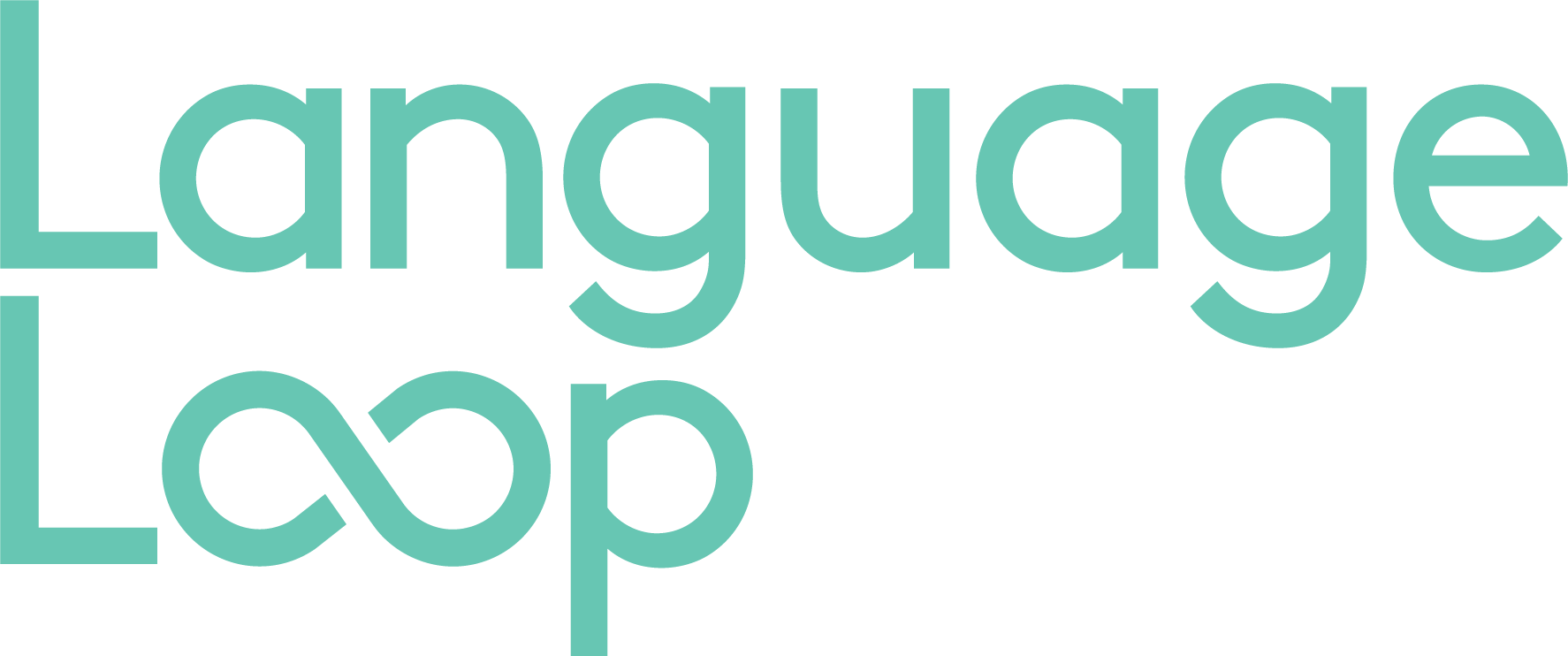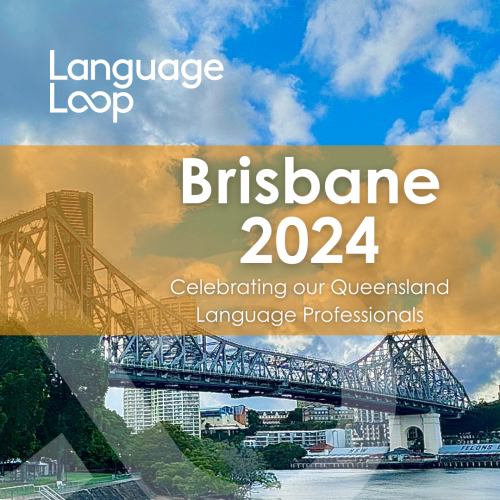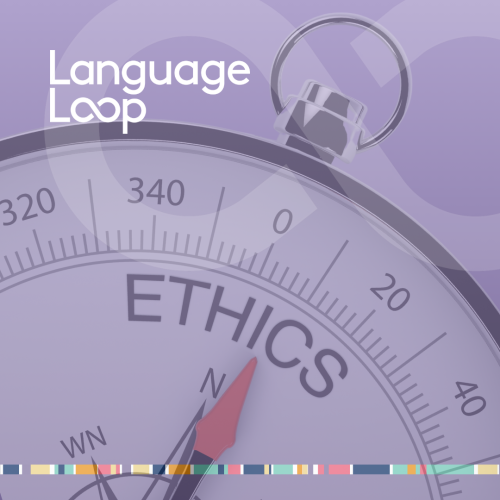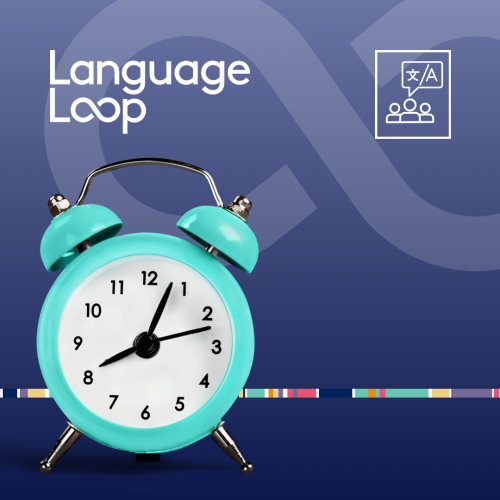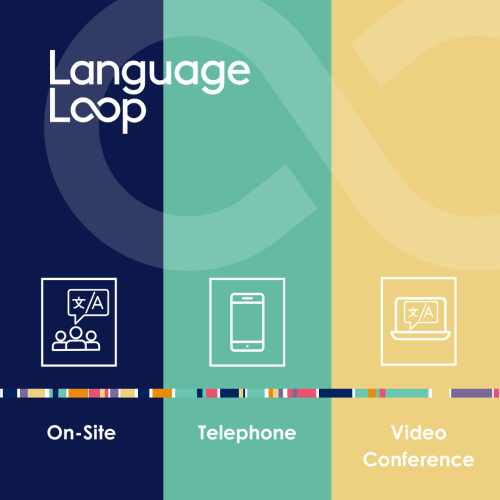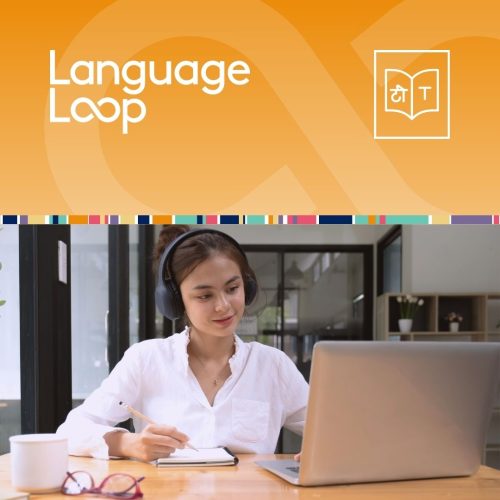John Doan has been making a difference as a language professional for 27 years.
This is his story.
My name is John Doan and I was born in Vietnam.
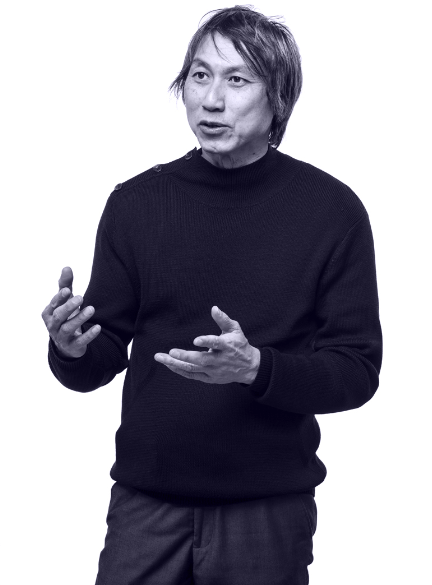
The story of how I became an interpreter began in Galang Refugee Camp in Indonesia where I had arrived as a boat person a few days earlier. I saw a refugee boy dragged out of his barrack in front of everyone by the police. He was accused of stealing a bag of rice. The boy kept saying he was innocent in Vietnamese but the police didn’t understand him. I was scared, for I was new having just arrived, but I couldn’t bear looking at the boy crying, so I jumped in to say “Hey, hey, I can speak English. Can I help translate?”
My English was not very good then, but half an hour later, somehow I managed to get through. Through me the boy was able to explain so that the police could understand and they let him go. Everyone was happy and the boy’s mum came up to me to thank me. It was that moment that I realised that maybe I could make a difference. The next week I went to the UN Refugee Agency’s office to apply to be a volunteer interpreter and I’ve been interpreting ever since.
What I love most about being an interpreter is helping people communicate and understand. In a world full of conflict, chaos and ignorance, we need more dedicated men and women to help our world communicate. I’m still learning, but each time I make clients happy by enabling them to understand each other, I feel like I’m making a difference. Maybe that’s why I love what I’m doing. Tough assignments, stressful situations, chaotic scenes, difficult clients, children screaming, women crying, everyone yelling at the same time and no one listening… these are moments that are impossible to translate. But every now and then, if I can get through and clients finally understand, I think I’ve done something that matters from doing my job.
I love working with poor and disadvantaged people, hearing all kinds of stories that I believe deserve to be told in another language. I often work with kids with disabilities. Kids with no vision, we teach them to see. Kids without hearing, we teach them to hear. Kids with intellectual impairment, we teach them to think. It’s amazing to see the professionals I interpret for making a difference in life by making the seemingly impossible possible. They’re my heroes and I love to follow in their footsteps – by becoming a good interpreter and serving the community.
During my 27 years interpreting at LanguageLoop I have had so many memorable and rewarding experiences. I once worked for the New Zealand Police on a murder case, flew to Mildura for a court hearing, was a telephone interpreter for the UK Police, interpreted for the richest woman in Vietnam as a tour guide, but the most memorable experience was definitely my time at Christmas Island, where I worked with refugees for one month. The camp had about a hundred other interpreters back then, but I was the only Vietnamese interpreter. It was an emotional trip. I cried when I first saw that island. It reminded me of 30 years ago when I had escaped Vietnam by boat, with only my clothes I wore and a $100 US note. That was all I had. After 9 days lost in the sea without any food or water, nor any hope left for survival, I saw an island. It’s just a small island to many people. But to me, it was life, freedom and the door to a new world that I’d almost died for.
Outside of interpreting, like everyone else, I have many interests in life, playing tennis twice weekly, drawing and writing on weekends. I’ve had a few exhibitions, not very successful, but I’m still working on it. I have also published two books, ‘Time Dilation – A challenge to Einstein’s Special Relativity’ and ‘Life-One’ a sci-fi novel. After three years of writing I’ve just completed my third book ‘Jovani – The Miracle Man’ that is yet to be published. It’s a novel about ordinary people doing extraordinary things, dedicated to a North Korean girl whom I’ve never met and probably never will.
My advice for someone working with an interpreter is to ignore your interpreter. Focus on speaking directly to your client as if the interpreter is not there. But make sure you pause while speaking. Good interpreters should be able to interpret quickly, weave in between your pauses and make you feel like you’re not being interrupted at all.
My advice if you want to be a good translator, learn from text books. If you want to be a good interpreter, learn from your people. Accuracy means nothing, if people cannot understand you. But if you can make people understand as much as you do, then you’ve done your job. That’s what I think. And I’m still learning after 30 years.

The island
